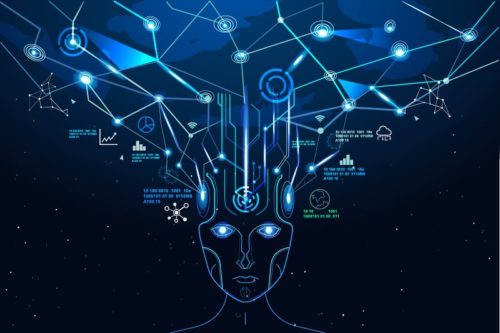Researchers at the Boston University School of Medicine using deep learning (computational methods) may assist in overcoming some of the complexities in providing dementia care to an aging population.

The researchers created several computer models that are capable of processing massive amounts of data in such a way that the outcomes of neuropsychological and functional testing, medical histories, physical examinations, demographic data, and MRI scans, might be gathered during a typical work-up of a patient with suspected dementia. The neural network that was trained to extract disease-specific signatures from this massive number of inputs was then fed this information.
“Even in circumstances where a specialized neurologist or neuro-radiologist is busy to provide a diagnosis directly, it is foreseeable that some degree of automation could step in to help, thereby enabling doctors and their patients to plan treatment accordingly,” explains corresponding author Vijaya B. Kolachalama, Ph.D., FAHA, assistant professor of medicine at BUSM.
They were able to identify the precise data points that their model used to make its diagnostic decisions using specialized machine learning techniques. These data points included significant results from neuropsychological tests, lab values, and physical examination findings that might suggest a particular disease. They next used the same techniques to pinpoint dementia-related alterations in MRI images, and they discovered that the areas the model designated as “important” correlated to parts of the brain where there was microscopic evidence of degenerative tissue changes
According to Kolachalama, computational techniques can help lessen some of the difficulties associated with dementia care in an aging population. “In scenarios where patients may not be able to reach specialized neurologic care, our work could help to fill in the gaps and connect people with timely information about their health and the well-being of their loved ones.”
A “head-to-head” comparison study with the AI models was conducted with a global group of doctors. The same group of patients was shown to the experts and the model, and they were both tasked with making diagnoses based on the same bits of data. The doctors’ and computer’s accuracy were identical.
Click here for the published research paper.






